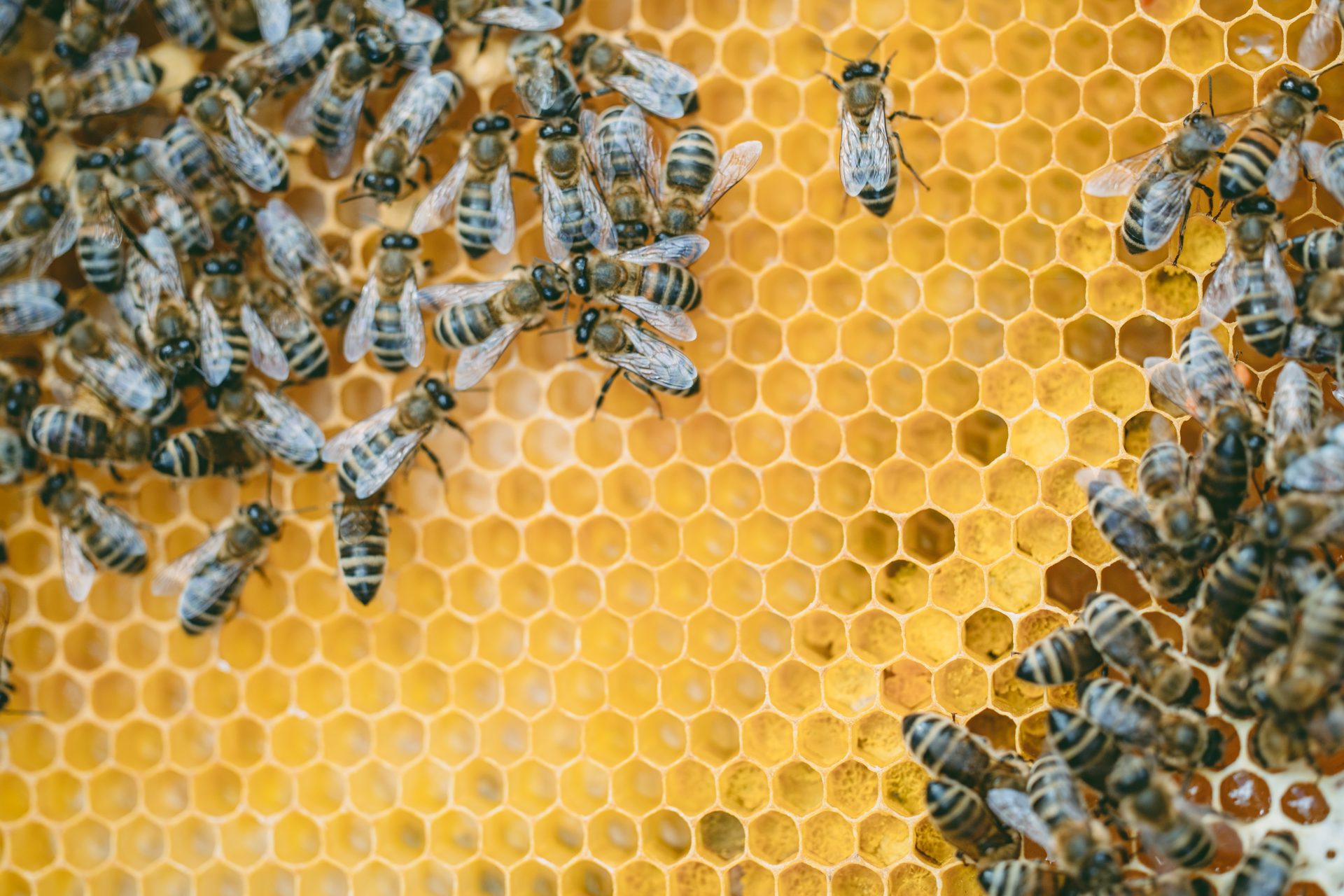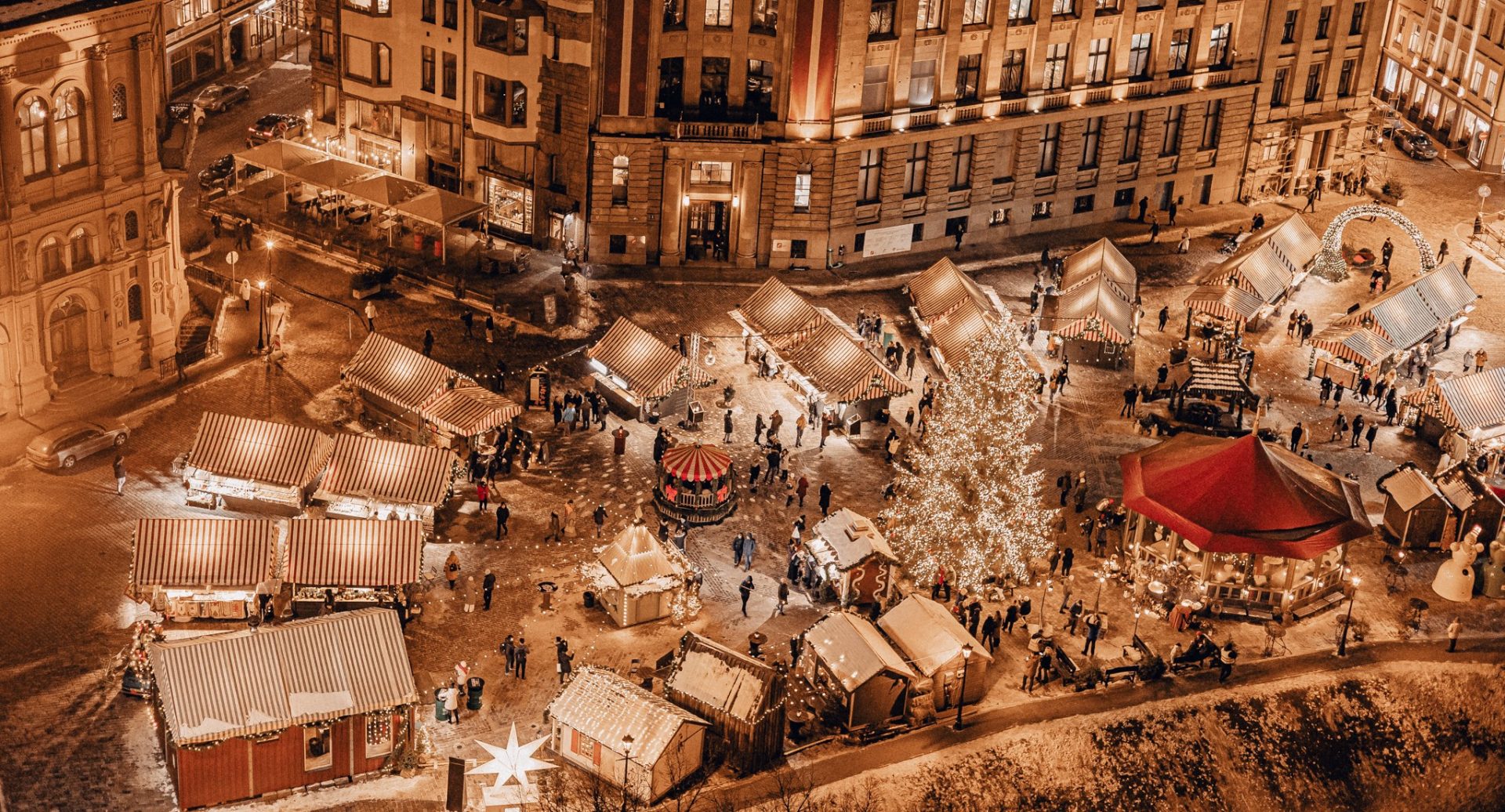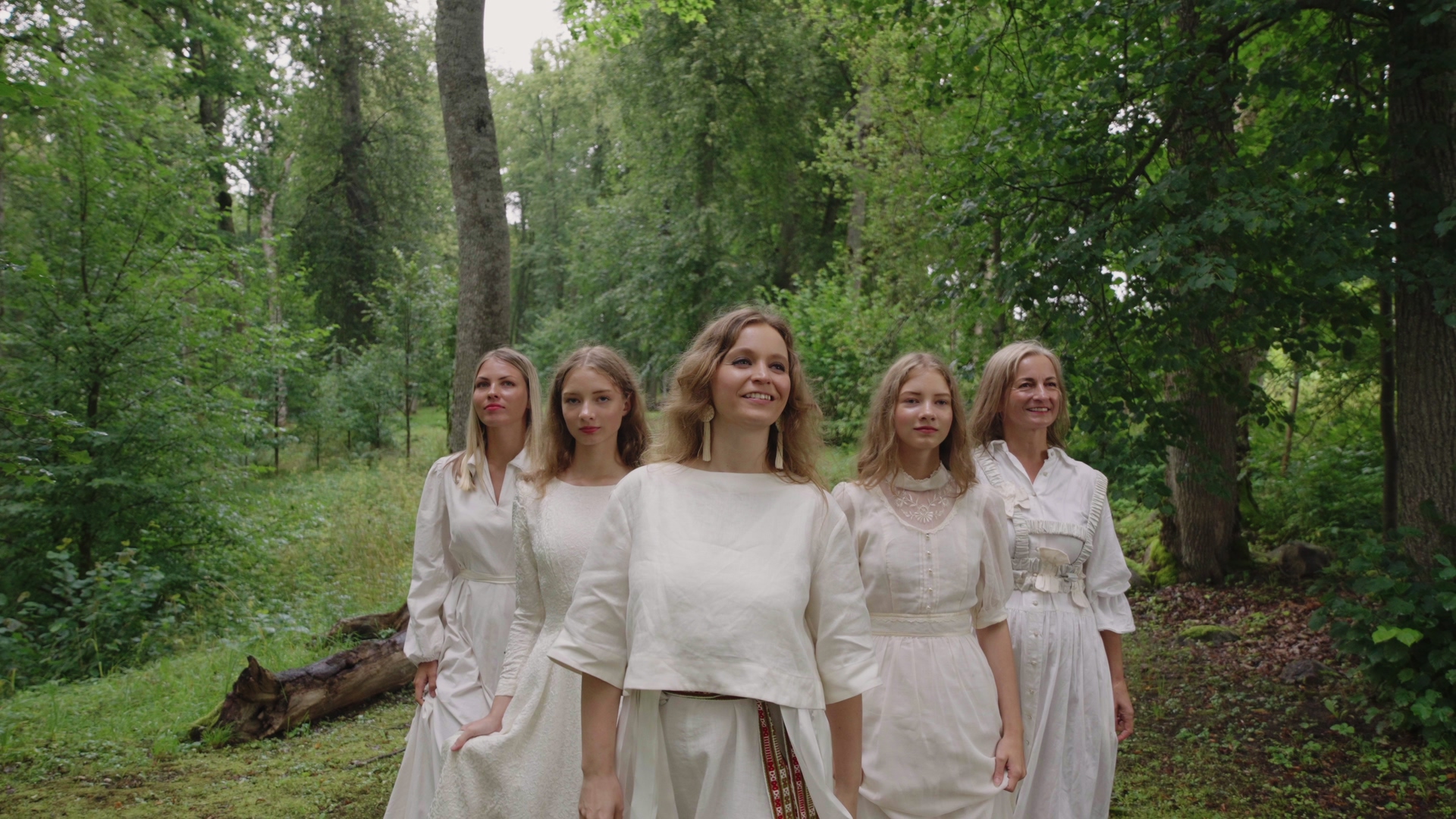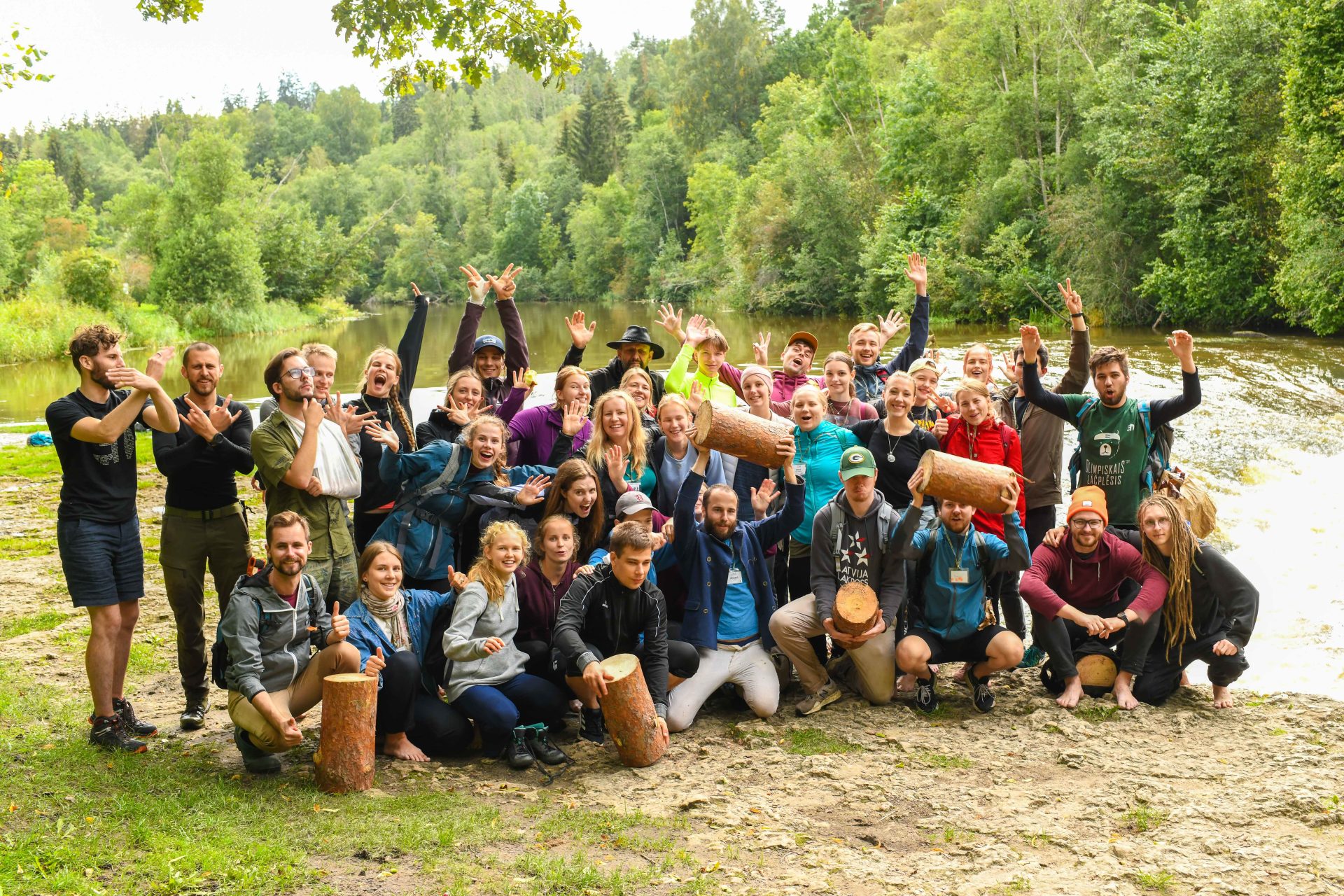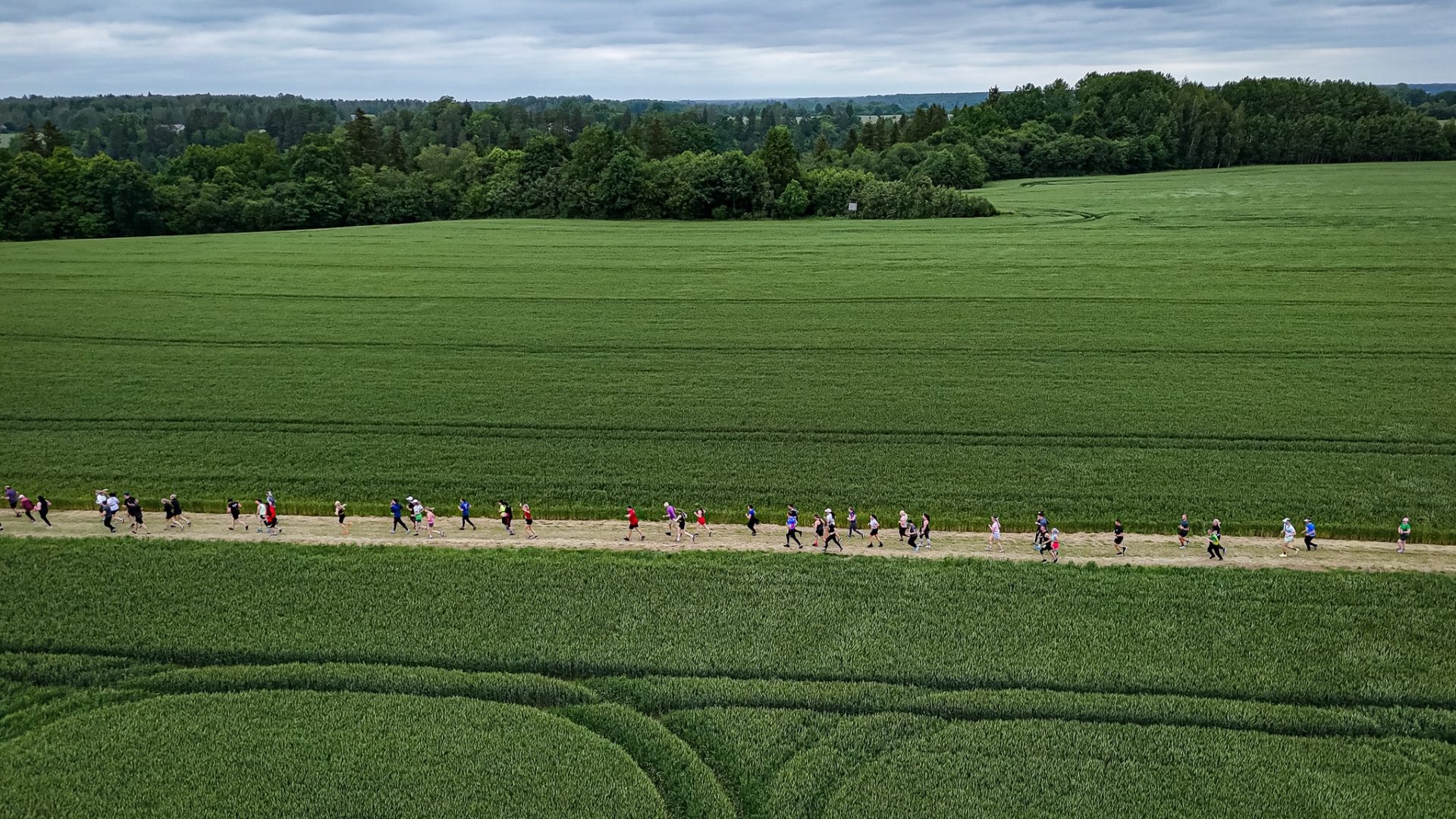“Will you take a jar of honey?” is a phrase you’ll often hear when visiting friends or family in the Latvian countryside. A jar might appear in a care package, sit in a kitchen cupboard “just in case,” or show up at your workplace in summer – fresh, comb and all. With over 1.1 kg of honey consumed per person annually, Latvians are among the world’s top honey lovers. So, let’s take a closer look at this sweet, buzzing universe.
The Latvian Honey Landscape
Beekeeping and honey gathering in Latvia have deep and enduring roots. “In the early years of independent Latvia, nearly every rural household kept bees,” says Jānis Kronbergs, project manager of the Latvian Beekeeping Association. “Today, Latvia has over 4 000 active beekeepers – roughly one for every 200 households. That’s still one of the highest ratios in Europe.”
Latvia’s diverse landscape creates the perfect conditions for exceptional honey. With about half the country covered by forests that interchange with natural meadows, wetlands and farmlands, the varied terrain offers bees an abundance of nectar sources throughout the seasons. “This gives us a wide variety of flavours with especially pronounced aromas,” Kronbergs explains.
The flavors range from sweet, floral spring honey to bright yellow dandelion, delicately sweet linden, and deep buckwheat honey with bold molasses notes. Most Latvians get their honey directly from local beekeepers, creating a personal connection to the unique seasonal blends that reflect the specific flowers and forests of each harvest.
